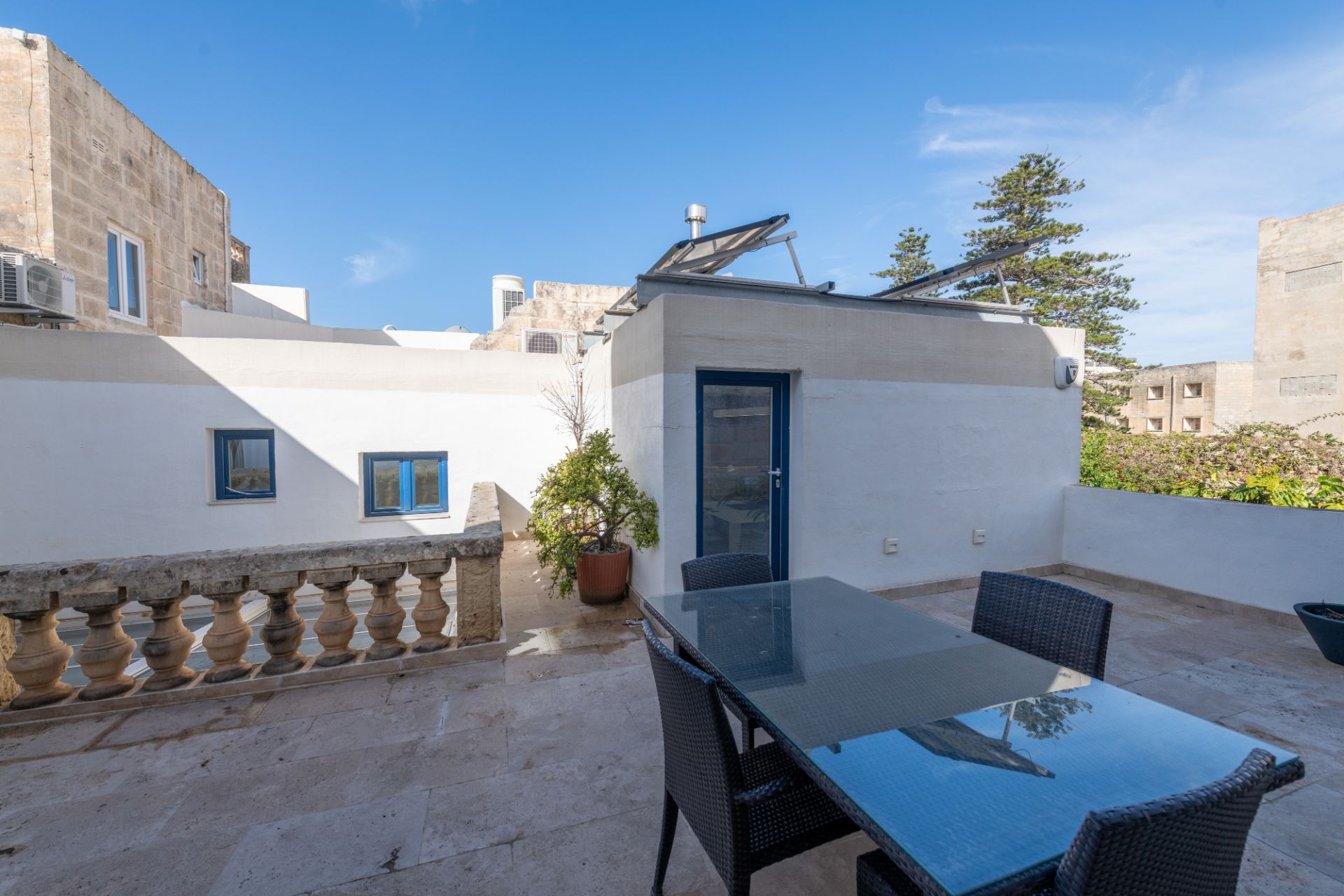
Residence & Relocation
Ordinary Residence
Individuals are regarded as being tax residents in Malta for a particular year if, in that year, their stay in Malta exceeds 183 days. In most cases, foreigners residing in Malta will also be considered ordinarily resident in Malta but will generally not be regarded as being domiciled in Malta. Please refer to the section on Taxation of Individuals for more information.
EU / EEA INDIVIDUALS
EU / EEA nationals and their family members are entitled to obtain residence in Malta on several grounds including:
- accepting offers of work and seeking employment in Malta;
- work (whether as an employee or in self-employment);
- set up a business.
Nevertheless, an EU national does not require an employment license to work in Malta. Economically self-sufficient persons and students are merely two groups of persons that may obtain residence in Malta on separate grounds from employment and self-employment.
ECONOMICALLY SELF-SUFFICIENT PERSONS
Pensioners and retired persons fall under this category. An EU / EEA national does not necessarily have to work while s/he is living in Malta. However, to reside in Malta, s/he must support himself/herself and his/her family members accompanying or wishing to join him/her in Malta, without recourse to public funds. The EU / EEA national concerned must be covered by sickness insurance against all risks while in Malta and have sufficient resources not to become a burden on the state. In this respect, the level mentioned earlier of resources should be the minimum means to determine the grant of social assistance to Maltese nationals. Currently, this should be a capital of at least €14,000 or, in the case of a married couple, a capital of €23,000. Moreover, for each dependent, an extra €3,500 should be added. Moreover, the personal circumstances of the EEA National and accompanying family members shall be taken into consideration as regards their right of residence.
STUDENTS
An EEA national and his/her family members (as defined below) have also the right of residence in Malta if the EEA national concerned is following a course of education, including vocational training, and is enrolled in a recognized educational establishment following the Education Act or with the Employment and Training Services Act. The course of education can be offered by an institution licensed by the National Commission for Higher Education to pursue a full-time course of study leading to a higher education qualification. The qualification must be recognised by the Malta Qualification Recognition Information Centre at MQF level 5.
Courses may also include a preparatory programmes which leads to the higher-education qualification. Third Country Nationals who are visa exempt must submit their application for a residence permit within three months from their date of entry within the EU territory. Other non-European nationals who need a visa to travel to the Schengen Area must be in possession of a visa issued for education purposes. Applications must be submitted by the applicant in person whilst in Malta.
The said student enjoys such right of residence provided that s/he has enough resources to support himself/herself and family members without recourse to public funds and must also have sickness insurance against all risks in Malta.
FAMILY MEMBERS
Family members of an EEA national have the right to join and accompany him/her in Malta. The family is defined as:
- The spouse;
- Children or grandchildren of EEA nationals or those of his/her spouse, who are under 21 years of age or who are dependent on him/her;
- The dependent parents or grandparents of the EEA national or their spouse.
REGISTRATION CERTIFICATES AND RESIDENCE CARDS
A registration certificate is a document issued to an EEA national that confirms that person's right of residence under European law. In addition, residence cards are issued to family members of an EEA national who are third-country nationals. The card confirms such persons' right of residence in Malta. EEA nationals and their family members must have the said documents if their home in Malta is for a period exceeding three months.
